New Scientist covers the latest developments in science and technology that will impact your world. New Scientist employs and commissions the best writers in their fields from all over the world. Our editorial team provide cutting-edge news, award-winning features and reports, written in concise and clear language that puts discoveries and advances in the context of everyday life today and in the future.
Elsewhere on New Scientist
New Scientist Australian Edition
The climate moment • This is a historic opportunity to secure humanity’s future. We must seize it
Three million deaths • As the world passes a grim milestone, Michael Le Page explores the pandemic’s trajectory and the reasons to hope the worst will soon be over
What is the true death toll?
Sputnik V vaccine goes global • Non-Western vaccines are serious players in the global effort against covid-19, but we need more transparent data, reports Graham Lawton
Mix-and-match vaccines for a boost?
Distress after killings • Reports of US police killings harm Black people’s mental health
Electric bicycle balances itself even when turning
First helicopter flight on another planet takes off
Elephant trunk robot has a mind of its own
‘Lost’ coffee plant can resist climate change
Facebook wants to use AI to find drug combos
Is this the earliest alphabet? • Carvings found in clay suggest the alphabet may be 500 years older than we thought
Colour-changing beetle inspires efficient algorithm
Untouched nature was almost as rare 12,000 years ago as it is now
Microwave weapon makes short work of drone swarms
A way to predict the strength of the next Asian monsoon
Will the EU save us from AI dystopia? • The increased use of artificial intelligence risks the rise of algorithmic discrimination, but proposed EU laws aim to help, says Matthew Sparkes
Choosing what we eat can help avert water scarcity
Lonesome life takes toll on wasp’s brain
Billions of T. rex lived and died in dino era
Really brief
New, lighter form of uranium made in lab
Less than 3 per cent of land habitats still in pristine state
Secrets of the sex change dragons
The science of grief • Lockdown is affecting how millions of people grieve. We should be mindful of that when restrictions ease, says Dean Burnett
The curious case of the Renaissance watermelon • Many crops have changed over the years through cultivation, but that doesn’t mean they have become less nutritious, writes James Wong
Your letters
Fire and ice
The great succulent sting • Plant poaching to feed a mysterious black market makes a fascinating documentary, finds Katie Smith-Wong
Building a robofuture • As social robots edge closer, a thoughtful book suggests we would do well to see them as animals, says Vijaysree Venkatraman
Don’t miss
Total exposure • Chaos Walking is set on a planet that human settlers have called New World. But it is an off-kilter place: women have been wiped out and men have been altered so that their thoughts are audible and visible, says Simon Ings
Climate change: NOW or never • “Make or break” is hardly hyperbole for the climate negotiations due to reach their climax in November in Glasgow, UK. At the COP26 meeting, nations will have a last chance to really rev up the stuttering motor of climate action and come good on commitments made in Paris in 2015 to limit global warming to a “safe” level of 1.5°C. The facts aren’t waiting. Global temperature has already risen by more than 1°C. Melting ice caps, rising sea levels and weather extremes from hurricanes to heatwaves are already showing us some of what a warmed world looks like. Meanwhile, the latest...
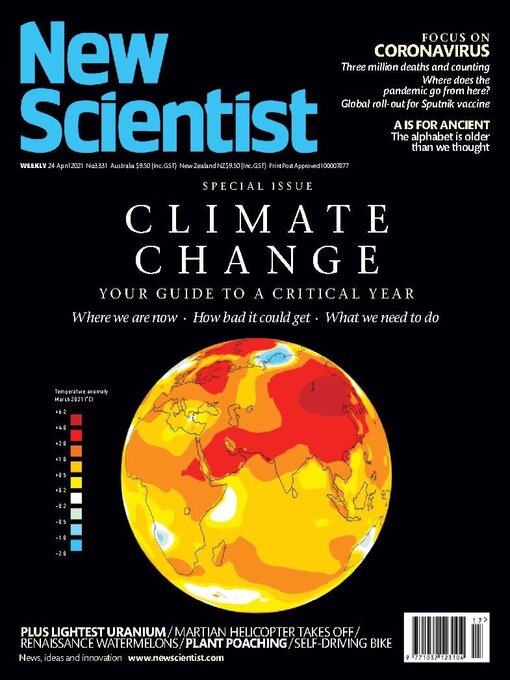
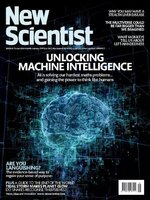 Apr 13 2024
Apr 13 2024
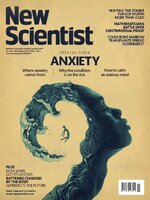 Apr 06 2024
Apr 06 2024
 Mar 30 2024
Mar 30 2024
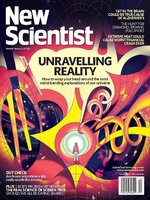 Mar 23 2024
Mar 23 2024
 Mar 16 2024
Mar 16 2024
 Mar 09 2024
Mar 09 2024
 Mar 02 2024
Mar 02 2024
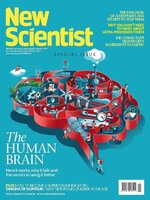 Feb 24 2024
Feb 24 2024
 Feb 17 2024
Feb 17 2024
 10 Feburary 2024
10 Feburary 2024
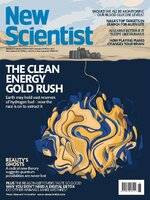 Feb 03 2024
Feb 03 2024
 Jan 27 2024
Jan 27 2024
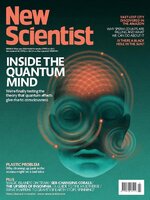 Jan 20 2024
Jan 20 2024
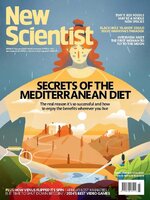 Jan 13 2024
Jan 13 2024
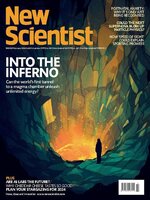 Jan 06 2024
Jan 06 2024
 Dec 30 2023
Dec 30 2023
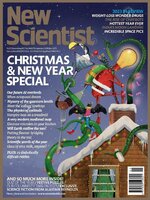 Dec 16 2023
Dec 16 2023
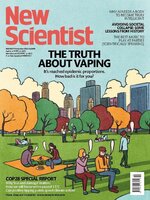 Dec 09 2023
Dec 09 2023
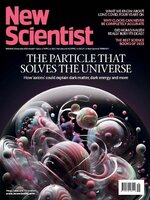 Dec 02 2023
Dec 02 2023
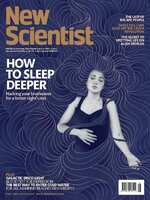 Nov 25 2023
Nov 25 2023
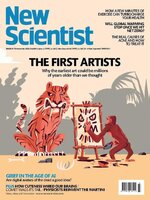 Nov 18 2023
Nov 18 2023
 Nov 11 2023
Nov 11 2023
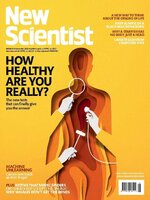 Nov 04 2023
Nov 04 2023
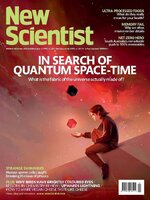 Oct 28 2023
Oct 28 2023
